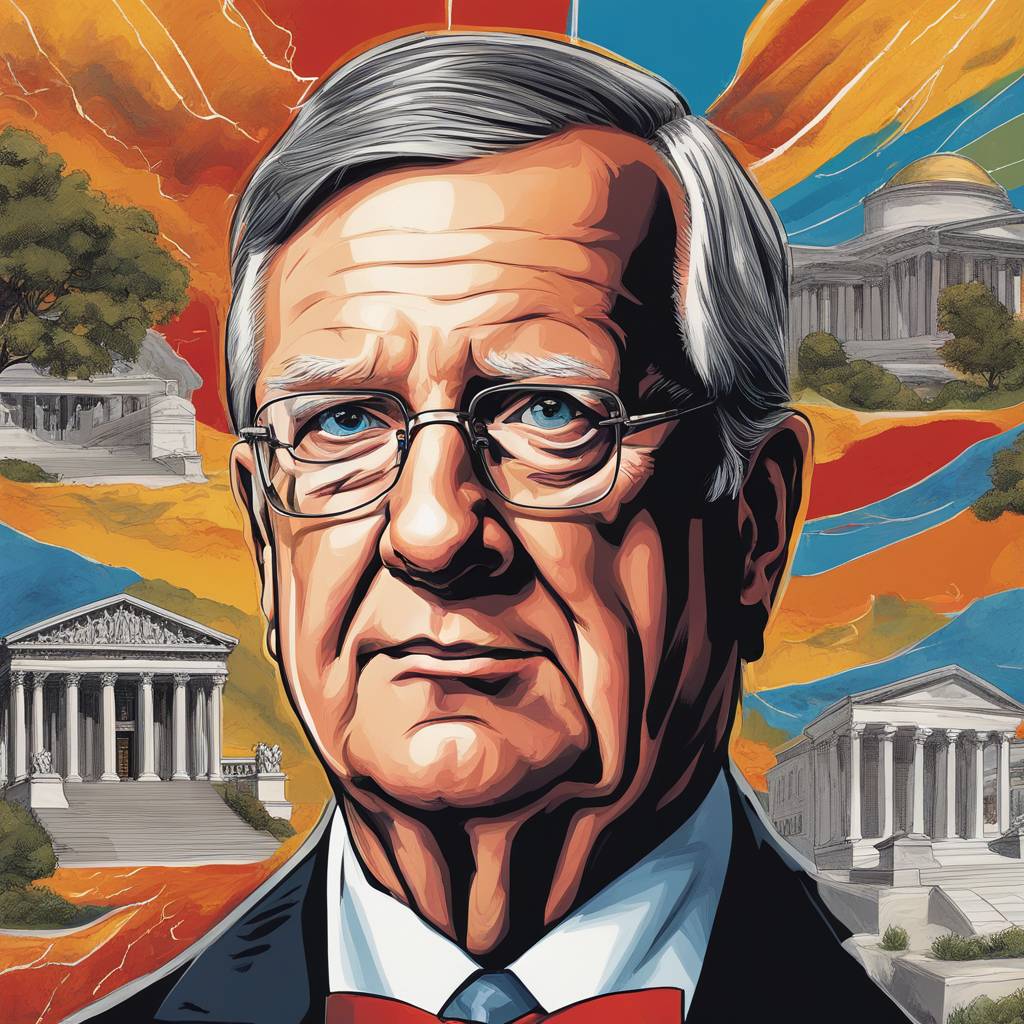Breyer expressed his frustration with the recent Dobbs decision that overturned Roe vs. Wade, believing it could have significant implications for the future of the Supreme Court. He highlighted that the court is now more politically divided than ever, with six conservative justices and three liberal ones. This decision could potentially lead to further polarization and politicization of the court’s rulings, as well as a lack of consistency in its decisions. Breyer emphasized the importance of upholding legal precedents, such as Roe vs. Wade, to maintain stability and trust in the judicial system.
Furthermore, Breyer criticized the Dobbs decision for lacking a rational basis and disregarding the principles of stare decisis, which dictate that past decisions should be respected and followed. He noted that the majority opinion did not provide a convincing argument for overturning Roe vs. Wade, and instead seemed driven by ideological and political motives. Breyer argued that the court should be impartial and base its decisions on legal precedent and interpretation, rather than personal beliefs or agendas. By overturning long-standing precedents, the court risks losing credibility and eroding public trust in its decisions.
Breyer also highlighted the potential consequences of the Dobbs decision on women’s reproductive rights and access to abortion. He expressed concerns that overturning Roe vs. Wade could result in a regression of women’s rights and autonomy, as well as restricting access to safe and legal abortion services. Breyer underscored the importance of protecting women’s reproductive rights as a fundamental aspect of gender equality and individual freedom. He urged the court to consider the broader societal implications of its decisions and prioritize the protection of constitutional rights.
In addition to discussing the implications of the Dobbs decision, Breyer reflected on his time serving as a Supreme Court justice and the challenges he faced during his tenure. He admitted that there were moments when he felt frustrated and disheartened by the court’s decisions, particularly when they seemed to deviate from established legal principles and precedents. However, he also expressed gratitude for the opportunity to serve on the Supreme Court and make a meaningful impact on the country’s legal system. Breyer’s insights shed light on the complex dynamics within the court and the moral and ethical dilemmas faced by its justices.
Overall, Breyer’s comments underscore the critical role of the Supreme Court in upholding the rule of law and protecting constitutional rights. He emphasized the importance of maintaining judicial independence and impartiality, as well as respecting legal precedents and principles. By expressing his frustrations about the Dobbs decision and its potential impact on the court’s future, Breyer highlights the need for transparency, accountability, and integrity in judicial decision-making. Ultimately, Breyer’s insights serve as a reminder of the challenges and responsibilities that come with serving on the nation’s highest court, and the importance of upholding the values of justice, fairness, and equality in all legal proceedings.













